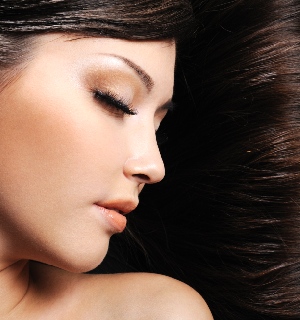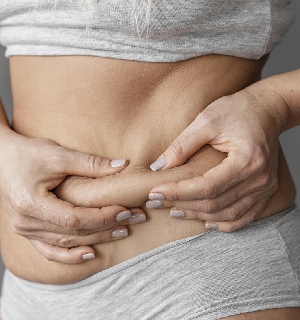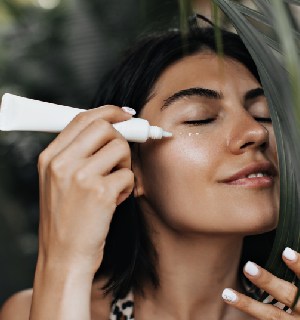1. What is my skin type and how is it determined?
Most women's skin type falls into one of these categories: dry; somewhat dry; normal; somewhat oily; oily; or combination. Skin type, determined by the amount of oil secretion, is hereditary. Environment though influences it, the oil secretion mostly is based on genetics. Some women classify themselves as having sensitive skin. Although skin is remarkably robust, overexposure to the chemicals or overuse of beauty products can lead to skin allergies or sensitivity. To avoid this, try to minimize the number of products you use and try to find ones designated for your skin type.
2. Why do seasonal changes affect my skin?
Skin is remarkably resilient to damage and environmental changes. When it is exposed to drastic changes it lags behind in adjusting to new conditions. For example, travel to a dry climate or the sudden cold and windy conditions result in itchy, dry skin. As a result, the skin responds by increasing oil production to compensate for the weather's drying effects.
3. Why and how does stress affect my skin?
Skin is the body's barrier to the outside world, both as a physical protector and as part of a complex immune defense system. Skin and the nervous system have the same embryonic origin. That may be considered one of the theories for stress triggering certain skin conditions. However, even today, all the interrelated biological systems supporting the skin aren't completely understood, nor are the causes and effects of stress on the body. For example, a loss in the skin's natural antioxidant defenses due to stress leads to accelerated ageing. Another example is stress induced increase in hormones triggering histamine release within the skin causing hives.
4. Is there a magic product that will improve my skin or help me look younger?
No, unfortunately. Not only do products affect individuals differently, but also no product can provide the reversible effects on chronological aging and photo aging. Generally, the fewer products you use on your skin and the more you stay out of the sun, the better your skin will look in later years. Skin care products such as sunscreen, moisturizers and those with antioxidant properties can be beneficial for rehydrating and helping minimize the effect of ageing.
5. Is cleansing good or bad for my skin?
Cleansing is essential for your skin's long-term health. It clears away dirt and bacteria, keeps pore ducts open and exfoliates surface skin cells. However, cleansing to much does change your skin's balance with the environment by stripping it of its protective oils that act as natural barriers. Hence limited and gentle cleansing twice a day is advisable.
 Whatsapp
Whatsapp Facebook
Facebook Twitter
Twitter Instagram
Instagram Linkedin
Linkedin Pinterest
Pinterest




